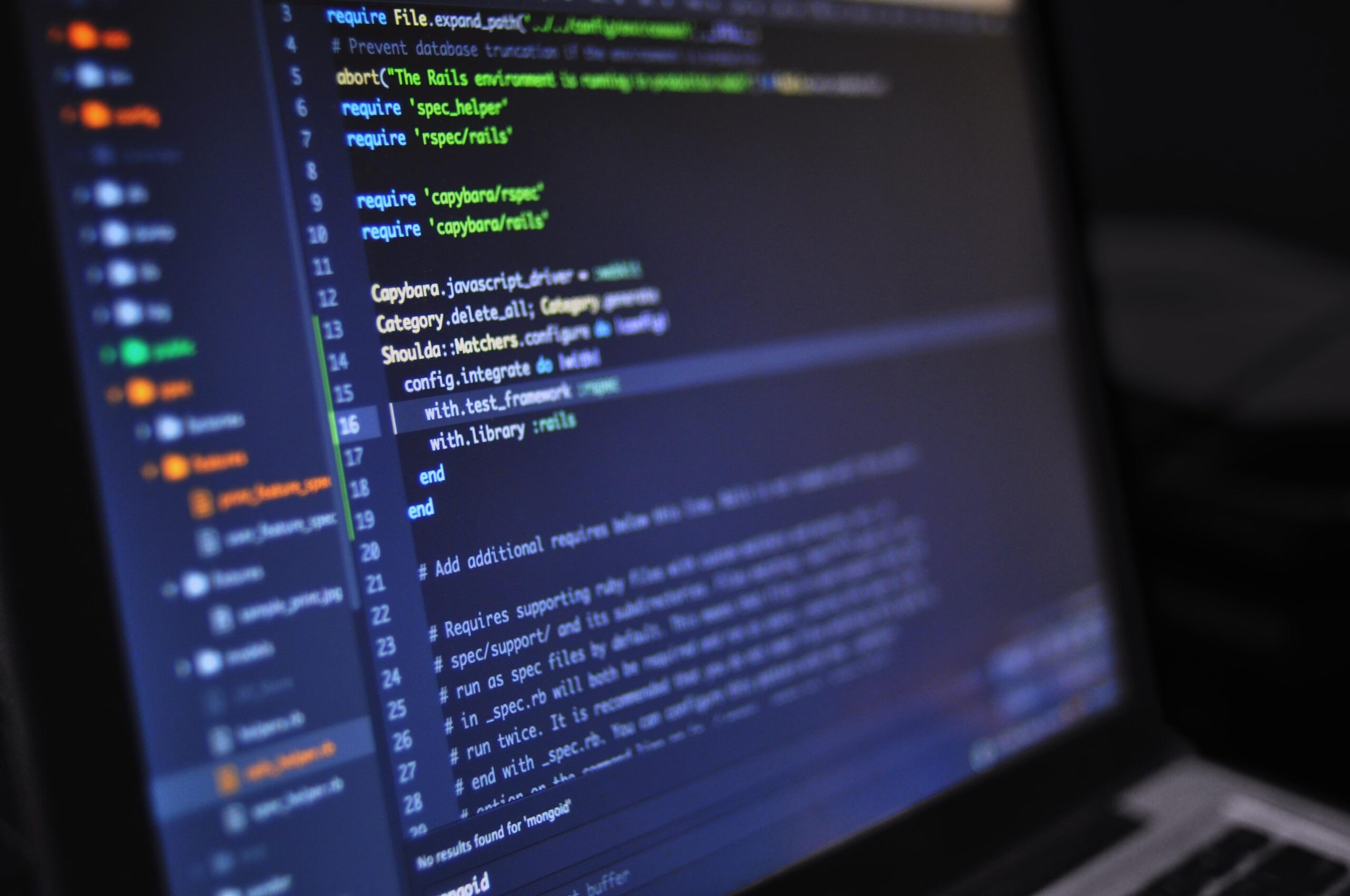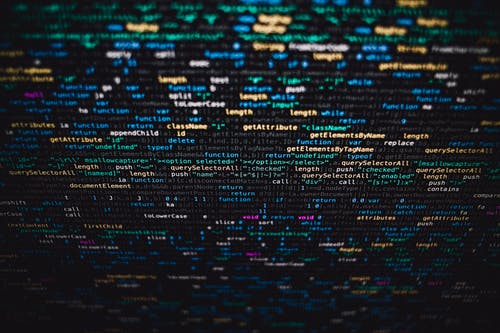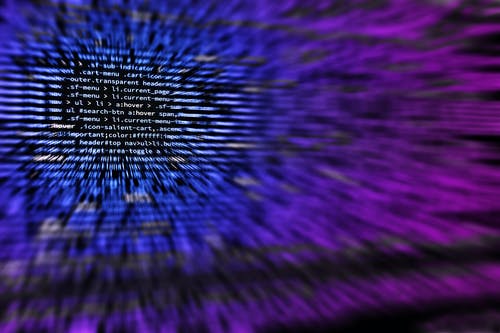Hey guys, what is up. In this particular post, we will be talking about tokens in C++, its types with examples.
(Updated on 24/9/2021)
KEY POINTS
What are tokens in C++?

Tokens in C++ are the smallest single parts that are used in a program. These words are identified by the compiler and they have a special role in the coding.
Common used Tokens in C++:
- Keywords
- Identifiers
- Literals
- Punctuators
- Operators
KEYWORDS:
A keyword has a special meaning in the coding/programming language. It is also known as a reserved or restrained word. As the name depicts it is reserved for some special purpose in the coding.
The original C++ contains the following keywords:
| Continue | Signed | class | new | void |
| Float | Unsigned | struct | size of | delete |
| Int | if | enum | static | default |
| Char | else | const | switch | operator |
| Double | for | break | private | return |
| Long | while | auto | public | inline |
| short | do | goto | protected | Extern |
IDENTIFIERS:
An identifier is the basic building block of a code/program. It is used to name a constant, variable, classes, functions, subjects, etc. To name a variable in a program there are some rules.
RULES FOR NAMING IDENTIFIERS:
- Digits and numbers are acceptable.
- Special characters except for underscore ( _ ) are not allowed.
- An identifier must begin with a letter or an underscore but cannot begin with a number.
- C++ is case sensitive therefore, capital and small letters are treated differently.
- Keywords cannot be used as identifiers.
- Identifiers should consist of a letter or an underscore.
LITERALS:
These are the data elements/items that never alter their value during the program run. Literals are of several types:-
- Integers
- Float
- Characters
- String
- Bool Constant
INTEGERS:
These are whole numbers without any fractional part i.e., they must contain a decimal constant. A (+) or (–) sign can proceed with the digit. However, no sign indicates a positive number. No commas (,) cannot appear in an integer constant.
These are of 3 types:
- Decimal ( base 10 )
- Octal ( base 8 )
- Hexadecimal ( base 16 )
Decimal integer constants comprises of a segment of digits. It cannot begin with a digit zero. Ex: -90, 78, 0.
Octal integer is a sequence of digits starting with zero. Ex: 0237 = 2×82 + 3×81 + 7×80 = 159
Hexadecimal integer constant is the sequence of digits preceeding by 0x or 0X. It is taken to be as hexadecimal integer constant. Ex: 0x3ac = 3×162 + 10×161 + 12×160 = 940
CHARACTER CONSTANT:
A character constant is only a single character that is enclosed in single quotes whenever used. Ex: ‘a’, ‘*’. A character constant is stored using its ASCII value in the compiler. Ex: ‘A’=65. C++ allows certain non-graphic elements in character constant.
FLOATING POINT CONSTANT:
Floating-point constants are also real constant as they are numbers having a fractional part.
They are written in two forms:
- FRACTIONAL FORM
- EXPONENT FORM
- FRACTIONAL FORM: A real constant in fractional form consists of digits that can be a sign or unsign. Also a decimal between the digits. At least one digit before the decimal and at least one after the decimal. Ex: -67.0, 3.97, +12.78.
- EXPONENT FORM: A real constant in exponent form consists of two-part a mantissa and exponent. The mantissa must be either an integer or a proper real constant in fractional form. The exponent must be an integer. The mantissa is followed by the letter e or E that represents the exponent. Ex: 45.67e4, -6.89E-3, 0.45e+5
STRING LITERAL CONSTANT:
A string literal is a pattern of characters that are enclosed in double-quotes and these characters gets print as it is. Ex: “1234”, “New Delhi”. It has no additional space for a null character or a string, that is terminated using a null character.
BOOL LITERAL CONSTANT:
There are two boolean characters 0,1. Where 0 stands for false and 1 stands for truth and in C++ everything except 0 is true.
PUNCTUATORS:
These are special characters used as separators.
USES OF PUNCTUATORS ARE:-
{ } – These are curly brackets
[ ] – In arrays
( ) – Parenthesis are used to change the preference of operators in an expression
, – A separator in a list of text
; – A a terminator
: – It indicates a labeled statement
* – Pointer declaration
= – As an assignment operator
# – As pre-processor directive
OPERATORS:
An operator is a special and an important type of token in coding that initiates some operations when applied to constants and variables used in expressions to have a particular output. These are of 2 types:
- ARITHEMATIC OPERATORS IN C++: *, -, +, %, /
- RELATIONAL OPERATORS: <>, <=, >=, ==, !=
In the upcoming post, you will be getting information related to the latest technology, some amazing facts about technology, and Header files in C++. So stay tuned for upcoming post. If you haven’t read about DATA TYPES AND TYPE MODIFIERS IN C++ then go and read this.



